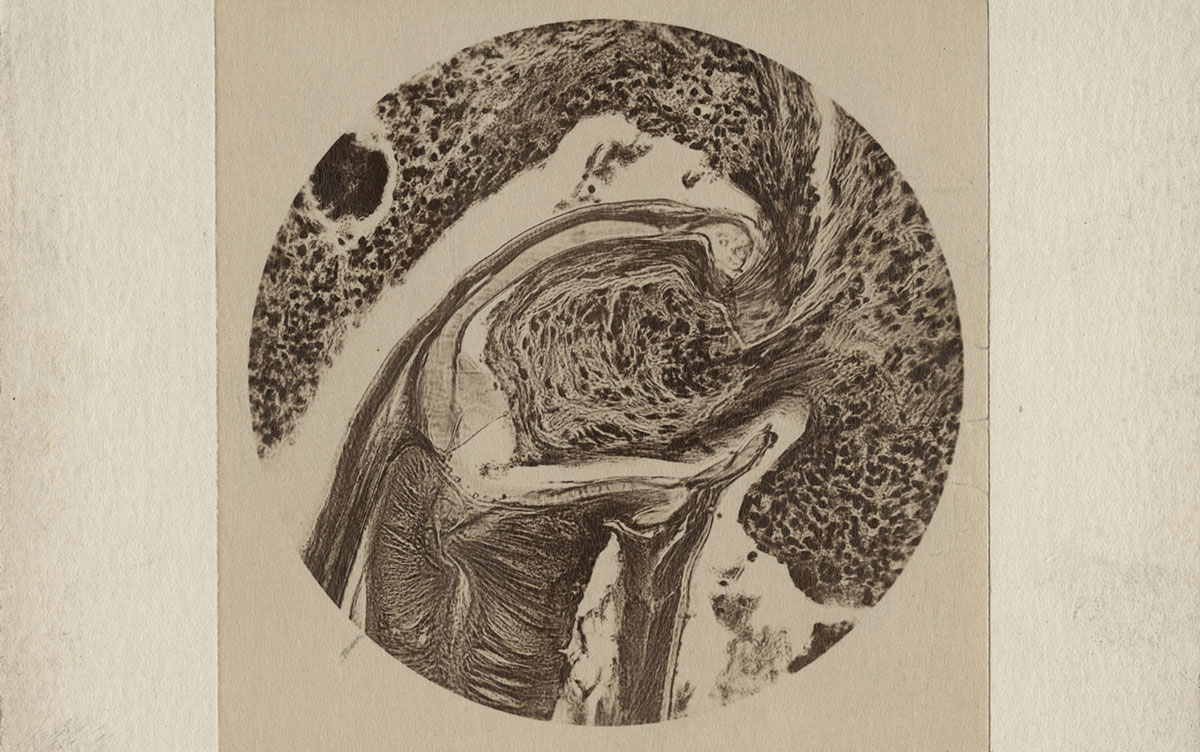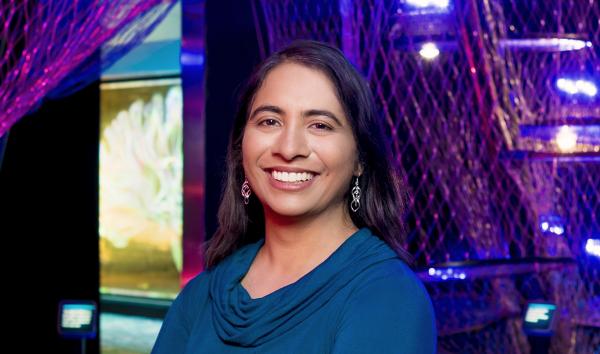
Date:
The Houses of Westeros may have captured our attention with their epic battle for the Iron Throne, but there’s another competition taking place in nature that's fascinating in its own right. Ecologists often study species that are competing for the same food, habitat, or other resources to understand how their interaction affects the structure of an ecosystem. These same principles apply within animal hosts, at a microscopic level, when multiple species of parasites fight over red blood cells. A new study sheds light on how this competition between parasites affects human health and the spread of disease.
In many parts of the world, especially in tropical regions, humans and other animals are commonly infected with malaria parasites and bloodsucking hookworms—often at the same time. These parasites all feed on red blood cells. Working with data from over 3000 patients involved in a clinical trial for a deworming treatment, scientists have discovered an intriguing hierarchy of malaria and hookworm species in the competition for food.
In patients infected with both hookworms and a malaria parasite (Plasmodium vivax) that only eats young blood cells, the hookworms “won” and malaria density was reduced. In patients infected with hookworms and a malaria parasite (Plasmodium falciparum) that eats blood cells of any age, the malaria won and hookworm density was reduced. So, the generalist malaria outcompeted the hookworms, which in turn outcompeted the specialist malaria. Comparisons with patients who were either infected with non-bloodsucking hookworms, or had received deworming treatment, helped confirm that competition for blood is the key factor in this parasitic pecking order.
This new study was conducted by an international team of American, Dutch, and Indonesian scientists, led by Sarah Budischak and Andrea Graham at Princeton University, who came together in an unusual collaboration bridging medicine and ecology. Their results suggest a novel approach to treatment; before automatically giving deworming medicine to everyone, doctors should consider whether hookworms may actually be keeping a more serious malaria infection in check. As it turns out, whether in Westeros or the human bloodstream, a common enemy can result in some unexpected alliances.


